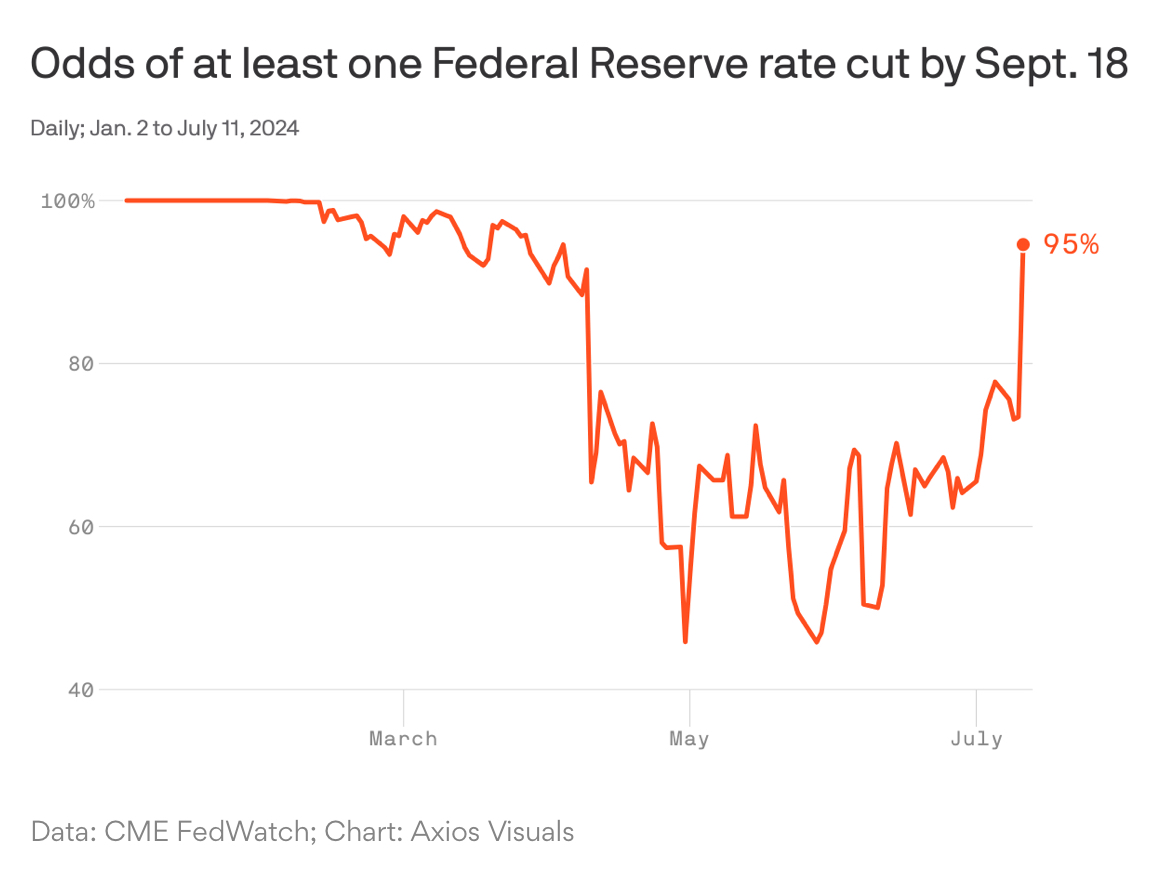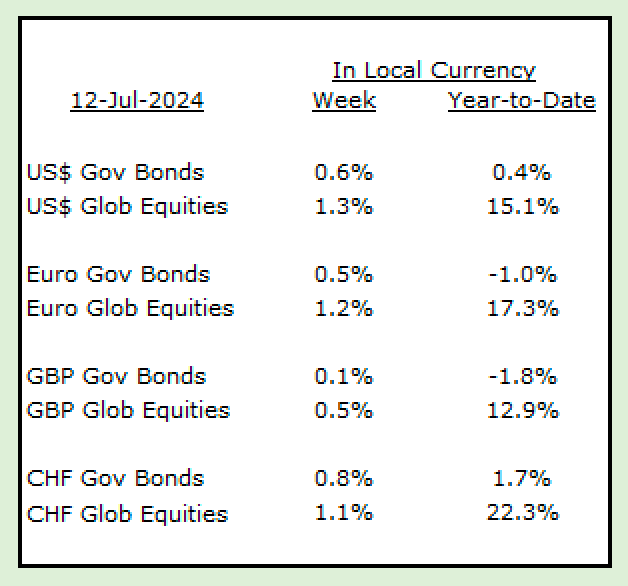Taxes are important but should not be the main concern.
Confusion seems to persist for many investors as to what comes first - investment or fiscal strategy? There is a fact that needs to be kept in mind when approaching this confusion: the investment strategy, together with the time horizon, determines the size of the pie the investor is likely to get; the fiscal strategy the investor pursues determines the proportion of that pie the investor gets to keep (for immediate consumption or reinvestment). Often we tend to focus much more on the latter than the former. We let the tail wag the dog.
Why is this so? Perhaps because taxes are easier to deal with and to identify (‘You have to pay X’), whereas an investment strategy is something more ephemeral and difficult to internalize (‘On overage you should achieve Y%, provided you keep an investment horizon of at least Z years’). Or perhaps because of idealogical positions (‘I don’t like to pay taxes’). No matter what the reason, it’s the wrong approach for the ultimate health of ones wealth. For the no-taxes-forever types among the readers, think of this: the simplest way to pay zero taxes is to never make any money (original quote from a client and friend).
Don’t get me wrong: knowing the fiscal rules surrounding your investments is important. Minimising taxes paid (not evading taxes all together) is something we should all do without fear of retribution or shame. No matter how rich we are. But we should never forget the objectives we are aiming to achieve and where the drivers are, and we should treat taxes for what they truly are: an investment strategy constraint.
A final observation. A lot of people I encounter tend to mix professions and begin listening to tax advisors for investment strategy matters, and vice versa. Don’t do that. Investment advisors and fiscal consultants (there are good and bad apples on both camps, so please select carefully) have different focus, skill sets, knowledge and experience. Respect these differences and go to the right person for the pertinent question.
**********
Markets seem to be, once more, in the mood for giddiness. Pointing perhaps to a cyclical recovery on a global basis, emerging market equities continue to perform very well, though all major markets were positive over the past two weeks. If I have to pick one reason for this behavior I would go to the graph below. In other words, nothing new under the sun.
[Sources: https://www.linkedin.com/pulse/tail-wags-dog-approach-project-management-bryan-bain/; Axios]
Confusion seems to persist for many investors as to what comes first - investment or fiscal strategy? There is a fact that needs to be kept in mind when approaching this confusion: the investment strategy, together with the time horizon, determines the size of the pie the investor is likely to get; the fiscal strategy the investor pursues determines the proportion of that pie the investor gets to keep (for immediate consumption or reinvestment). Often we tend to focus much more on the latter than the former. We let the tail wag the dog.
Why is this so? Perhaps because taxes are easier to deal with and to identify (‘You have to pay X’), whereas an investment strategy is something more ephemeral and difficult to internalize (‘On overage you should achieve Y%, provided you keep an investment horizon of at least Z years’). Or perhaps because of idealogical positions (‘I don’t like to pay taxes’). No matter what the reason, it’s the wrong approach for the ultimate health of ones wealth. For the no-taxes-forever types among the readers, think of this: the simplest way to pay zero taxes is to never make any money (original quote from a client and friend).
Don’t get me wrong: knowing the fiscal rules surrounding your investments is important. Minimising taxes paid (not evading taxes all together) is something we should all do without fear of retribution or shame. No matter how rich we are. But we should never forget the objectives we are aiming to achieve and where the drivers are, and we should treat taxes for what they truly are: an investment strategy constraint.
A final observation. A lot of people I encounter tend to mix professions and begin listening to tax advisors for investment strategy matters, and vice versa. Don’t do that. Investment advisors and fiscal consultants (there are good and bad apples on both camps, so please select carefully) have different focus, skill sets, knowledge and experience. Respect these differences and go to the right person for the pertinent question.
**********
Markets seem to be, once more, in the mood for giddiness. Pointing perhaps to a cyclical recovery on a global basis, emerging market equities continue to perform very well, though all major markets were positive over the past two weeks. If I have to pick one reason for this behavior I would go to the graph below. In other words, nothing new under the sun.
[Sources: https://www.linkedin.com/pulse/tail-wags-dog-approach-project-management-bryan-bain/; Axios]


